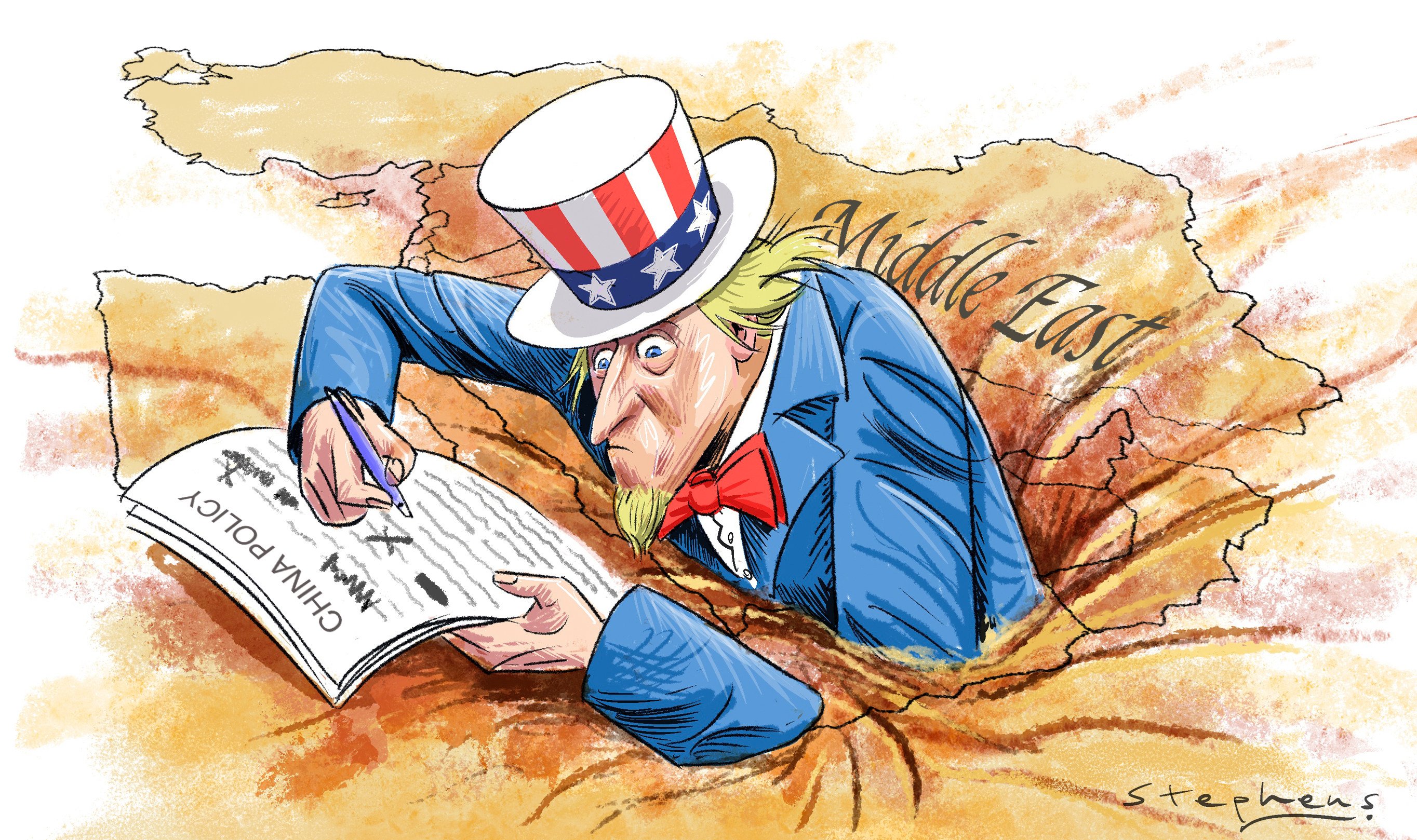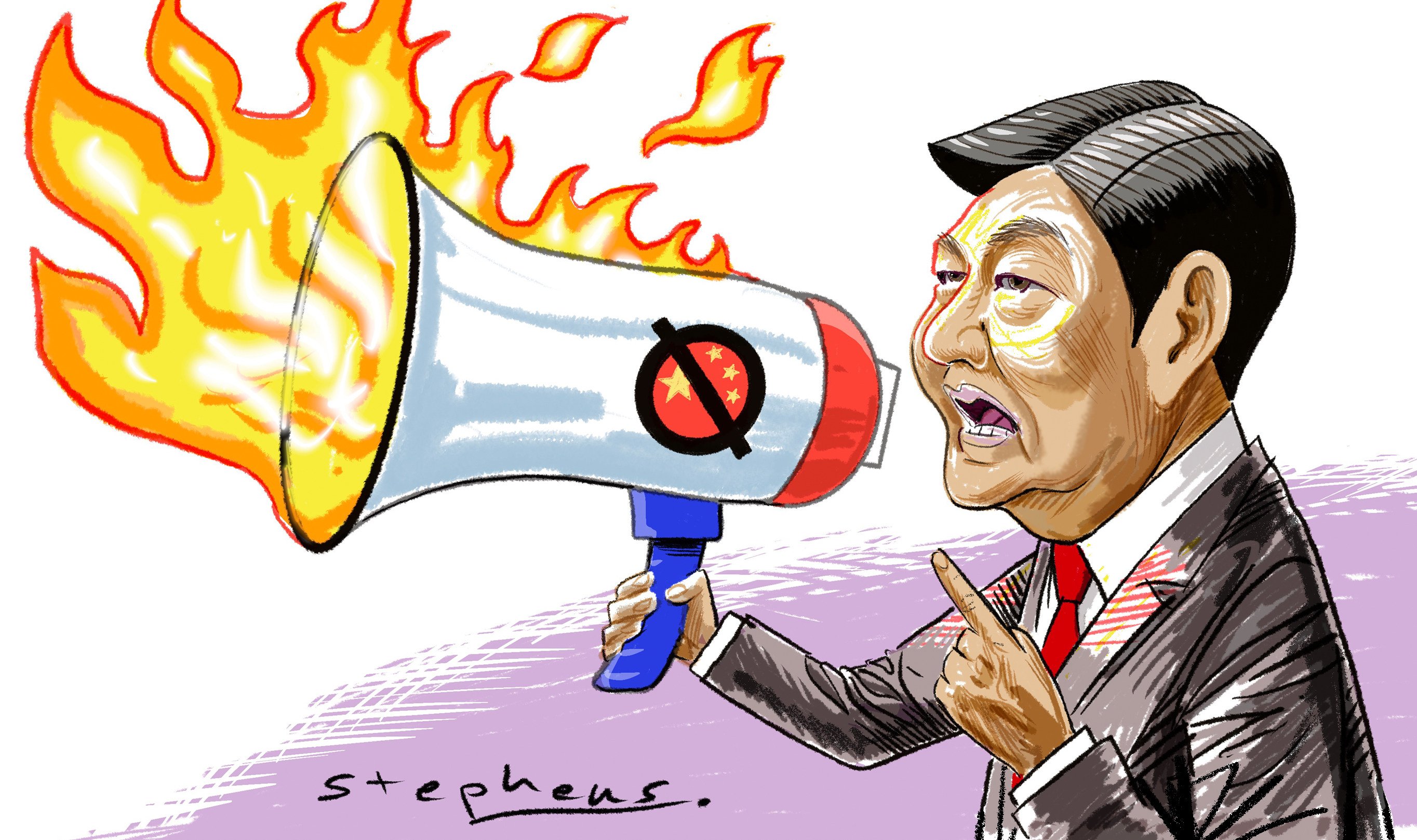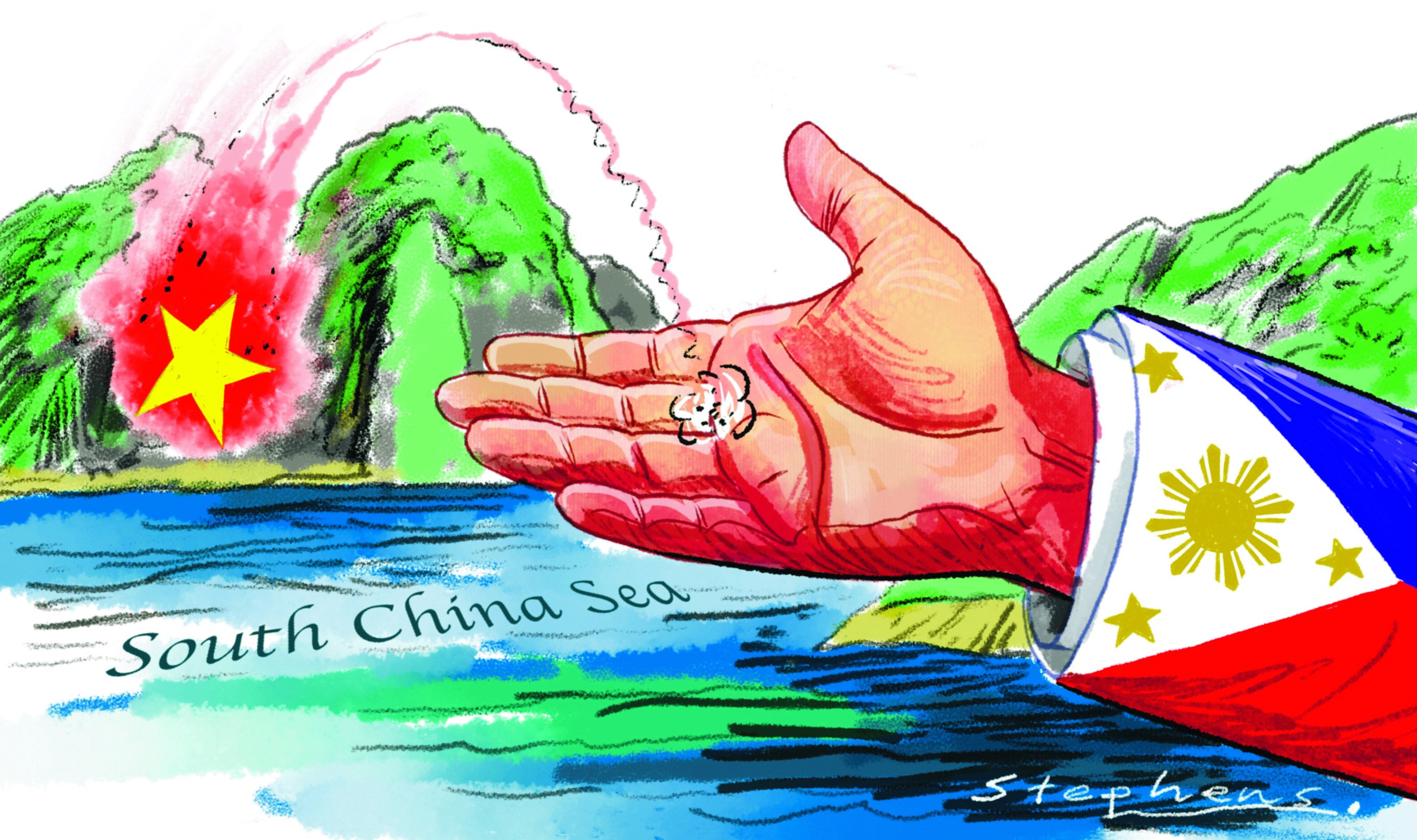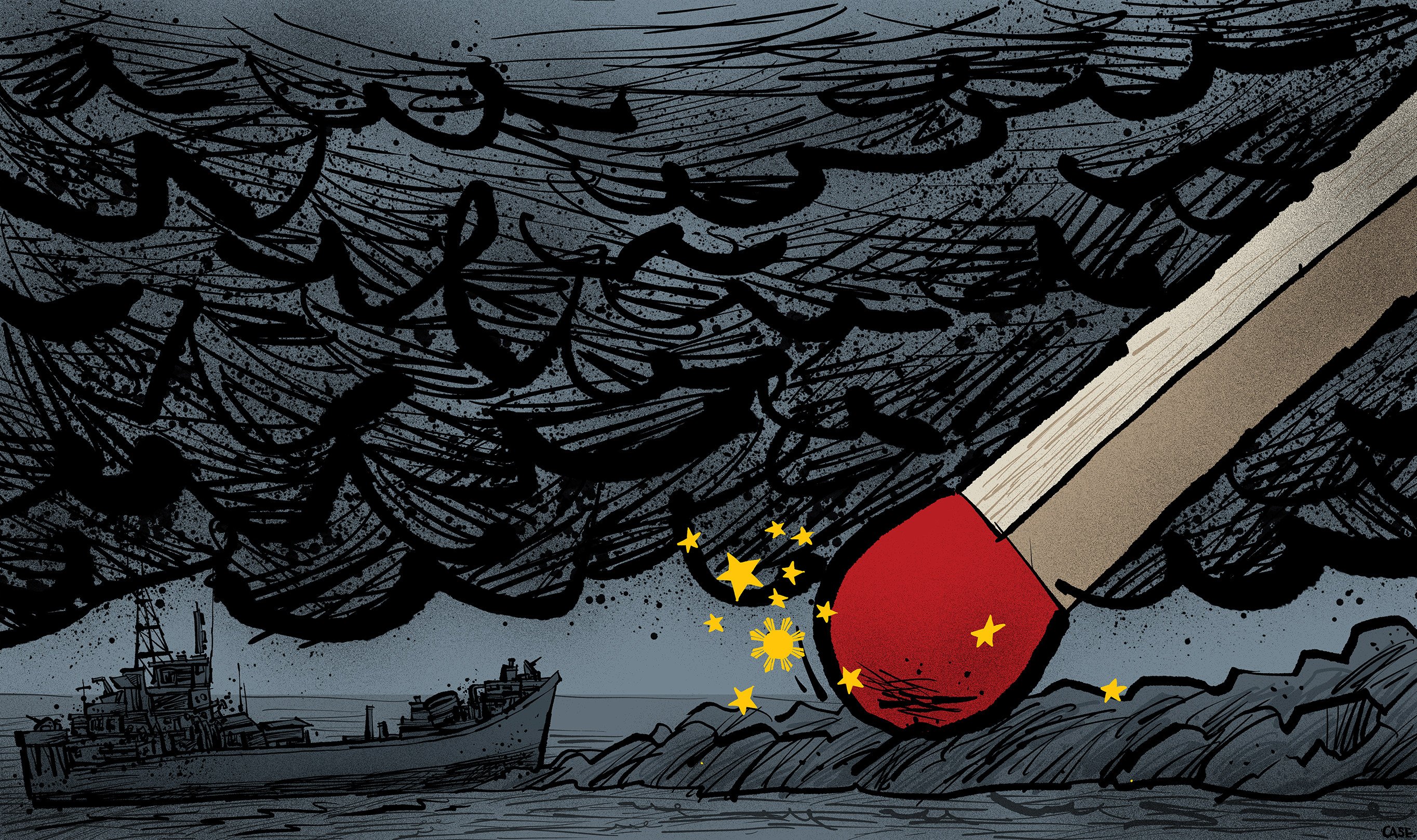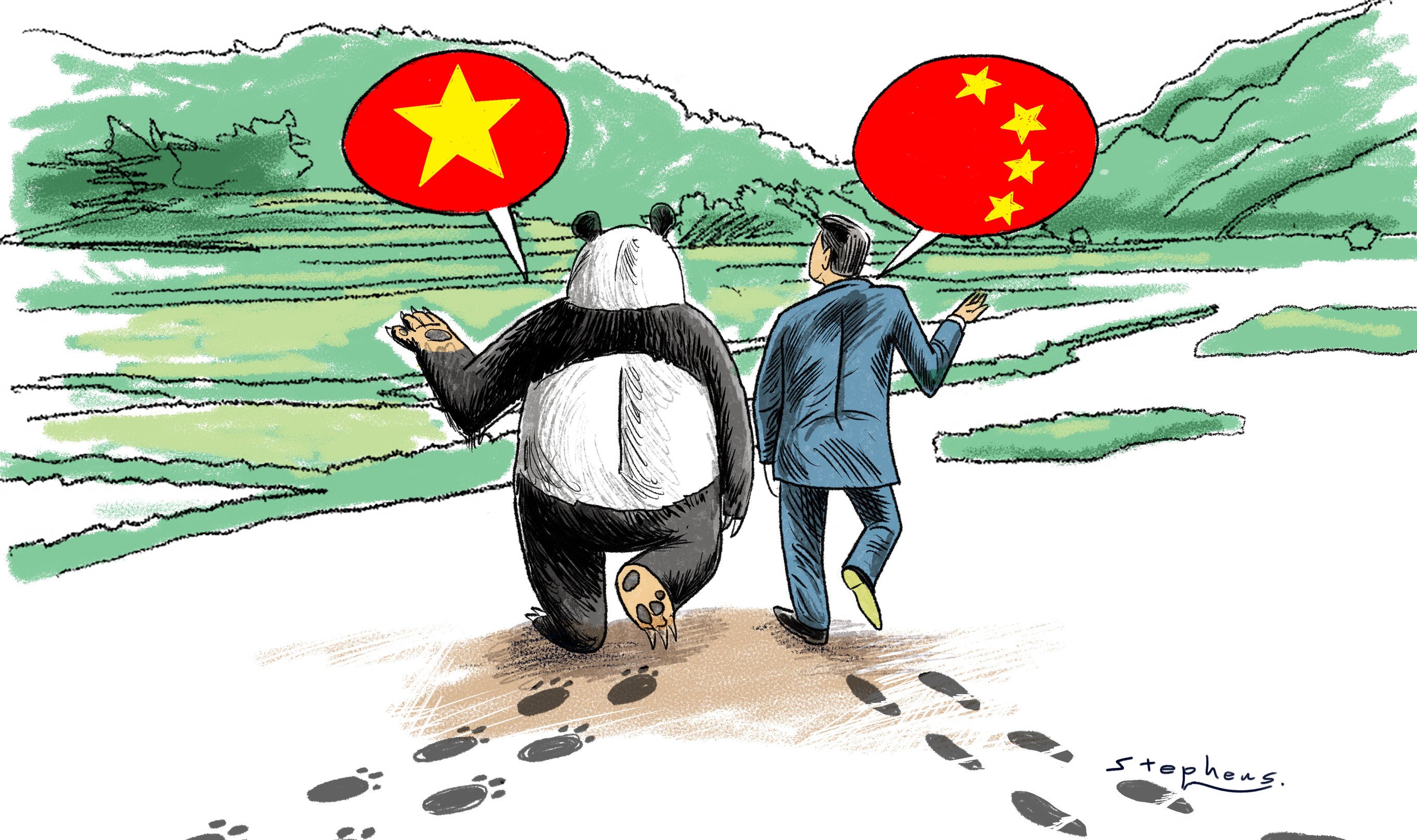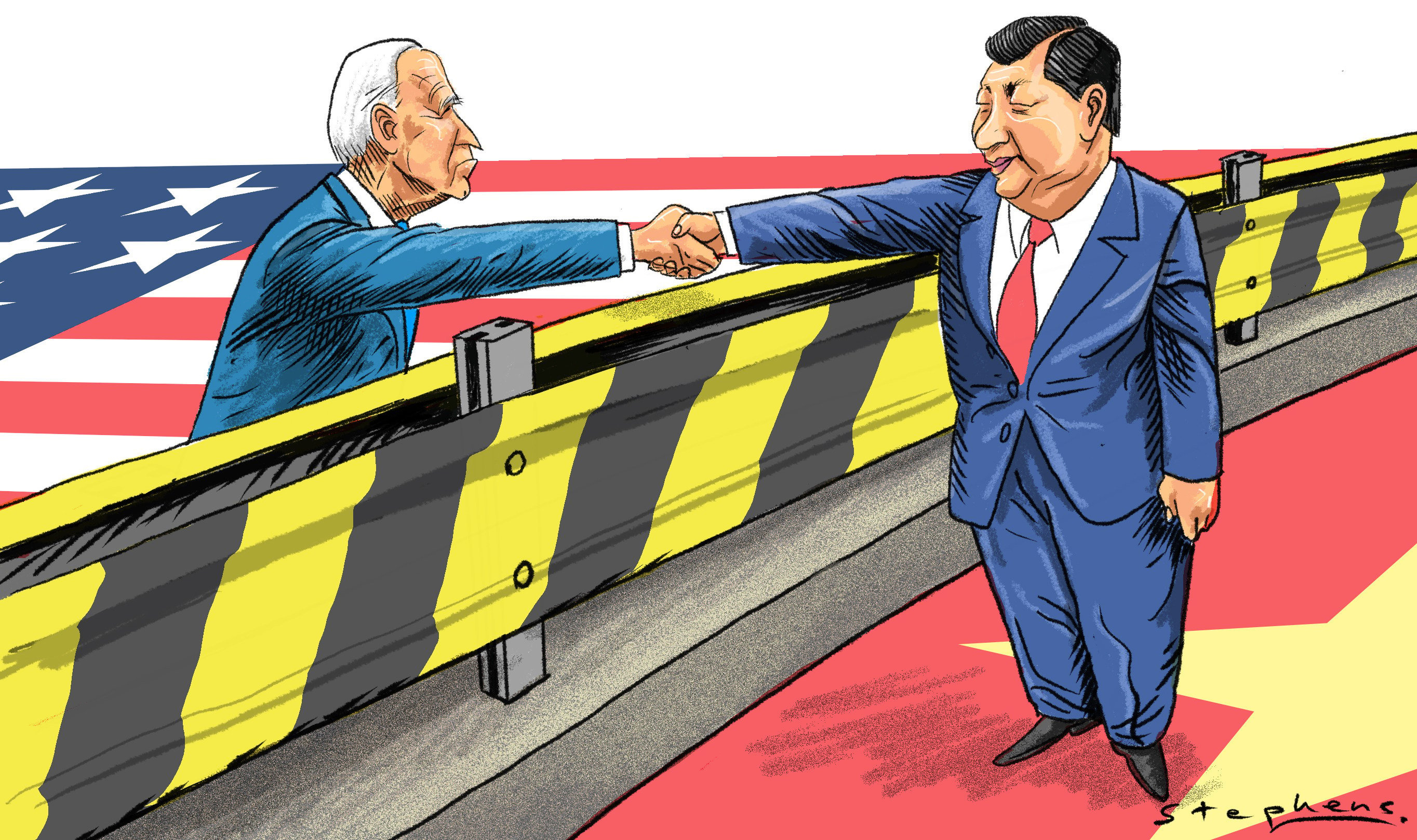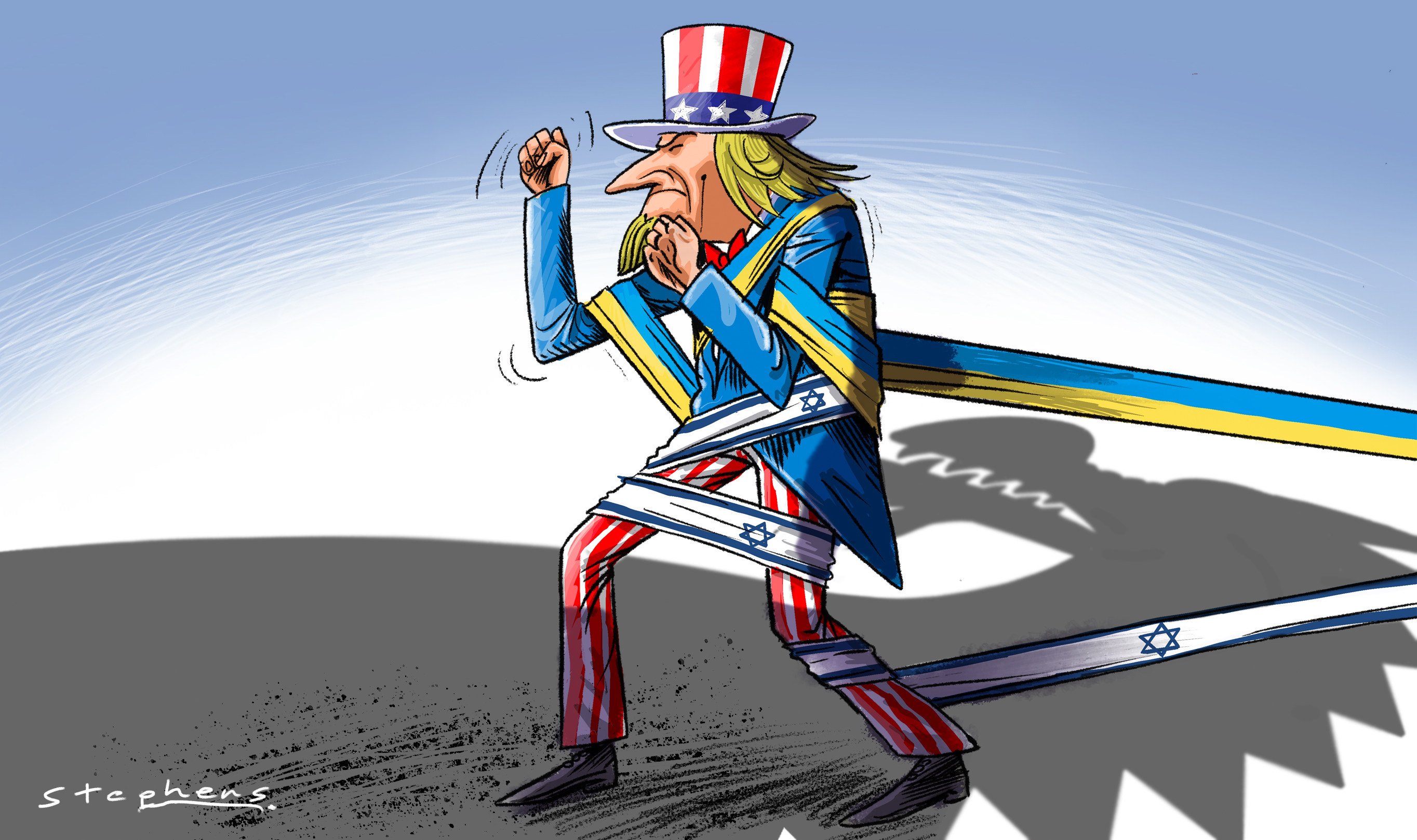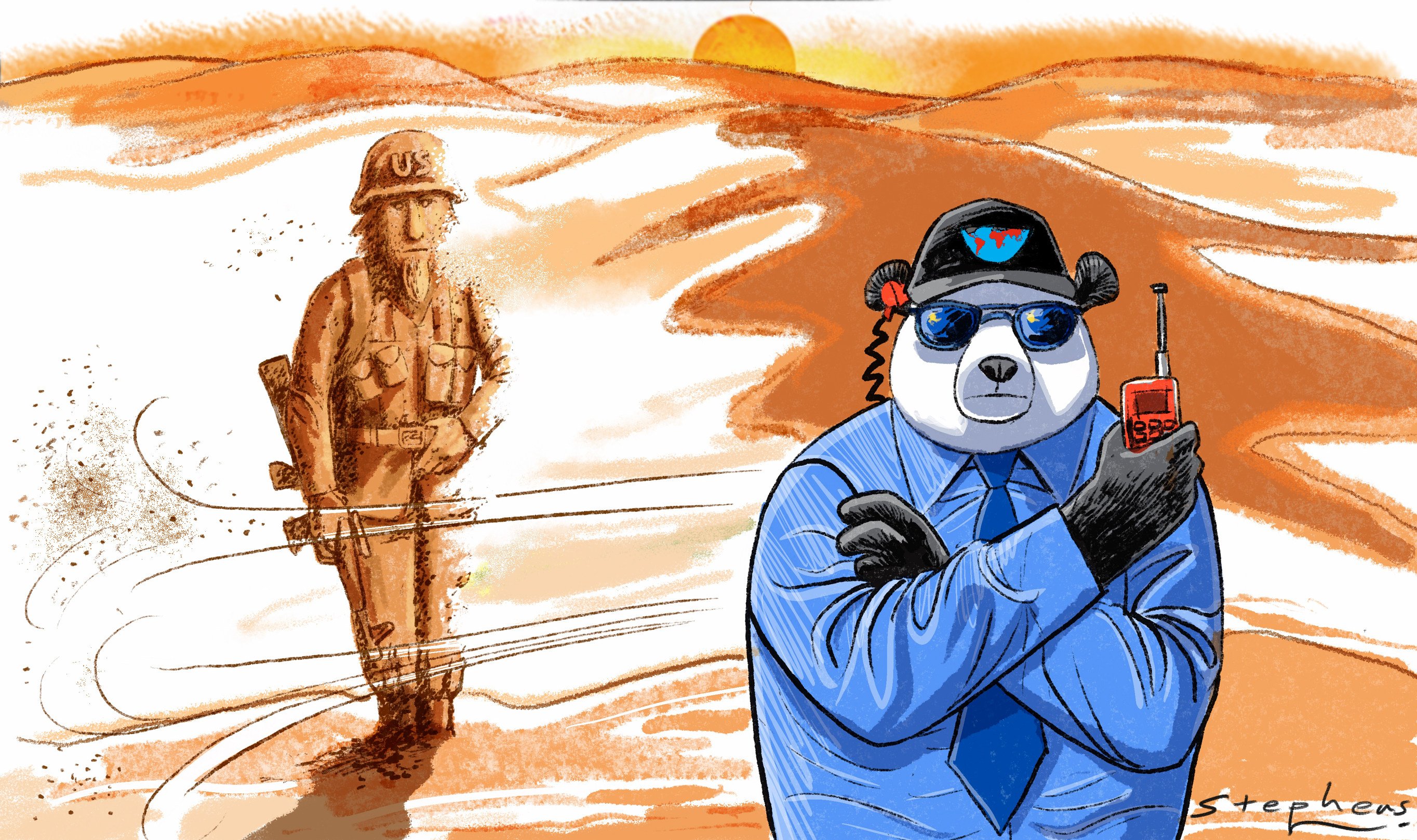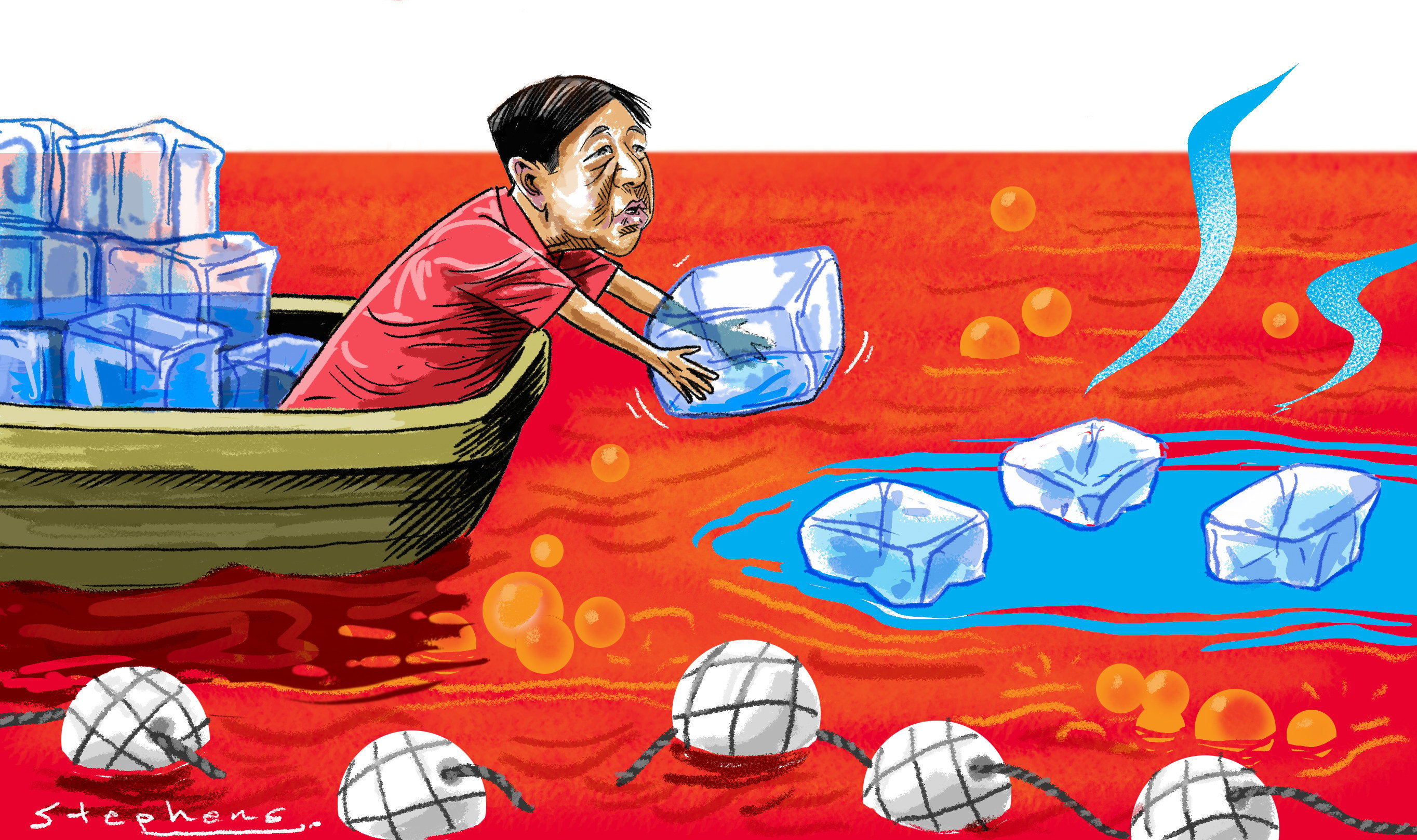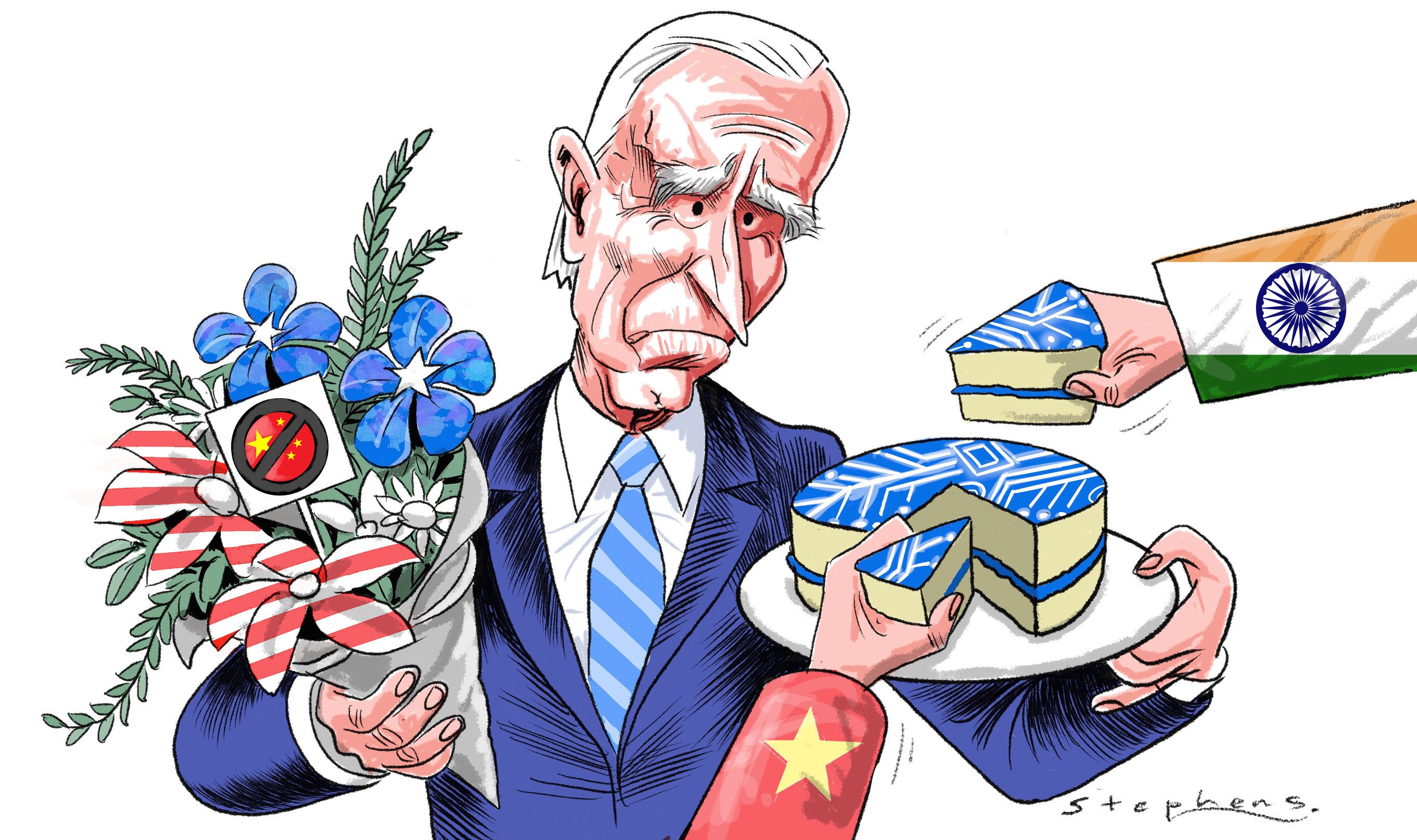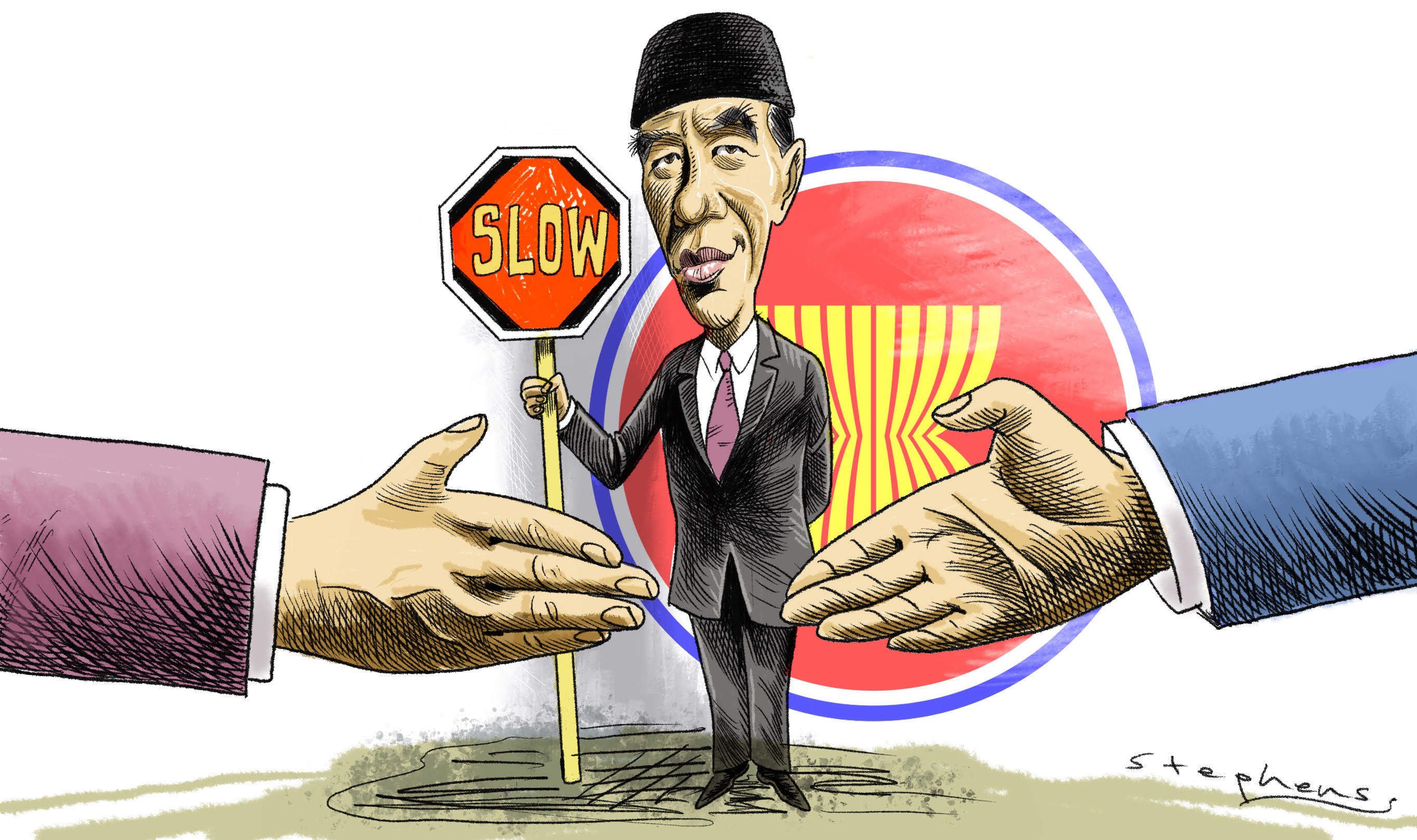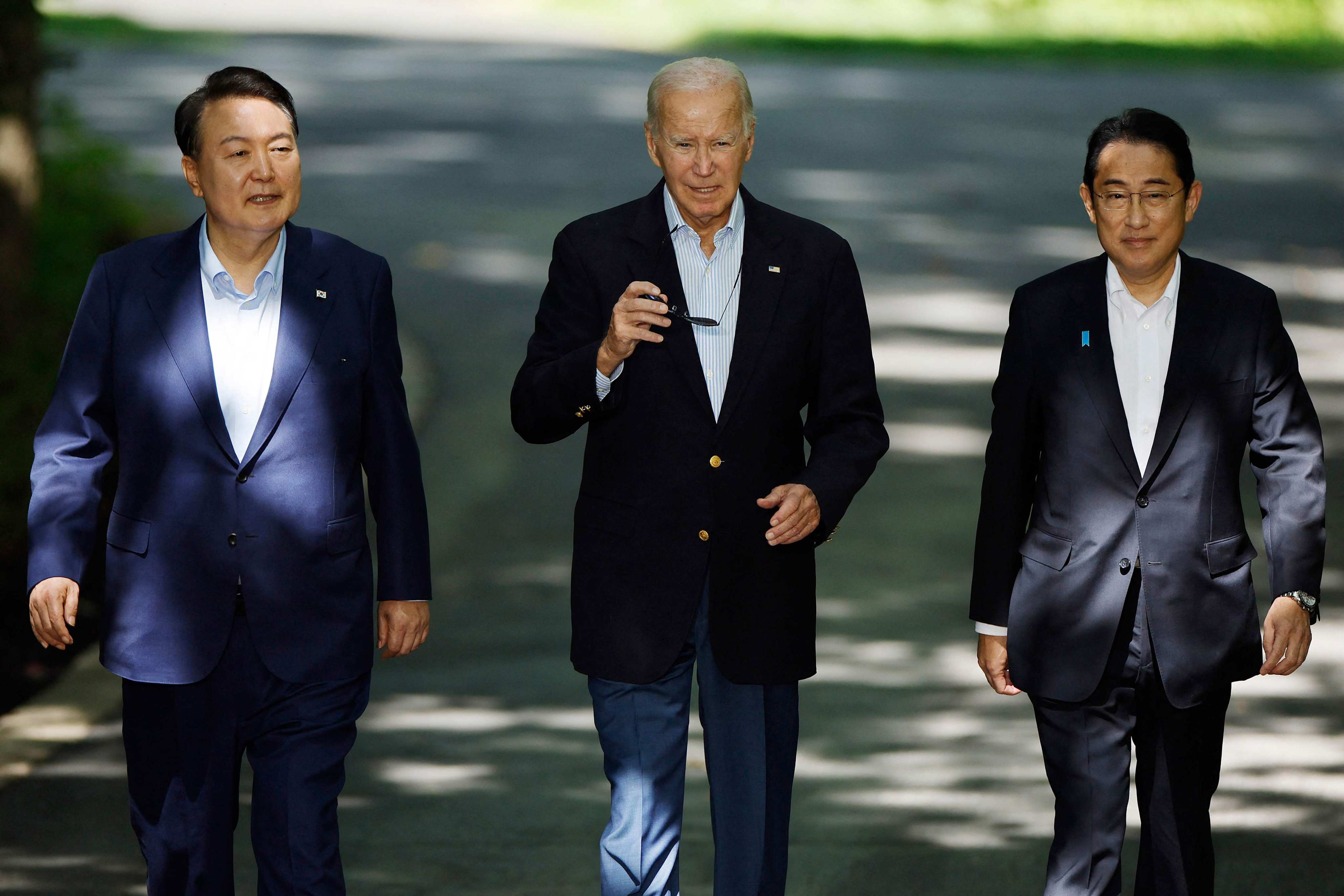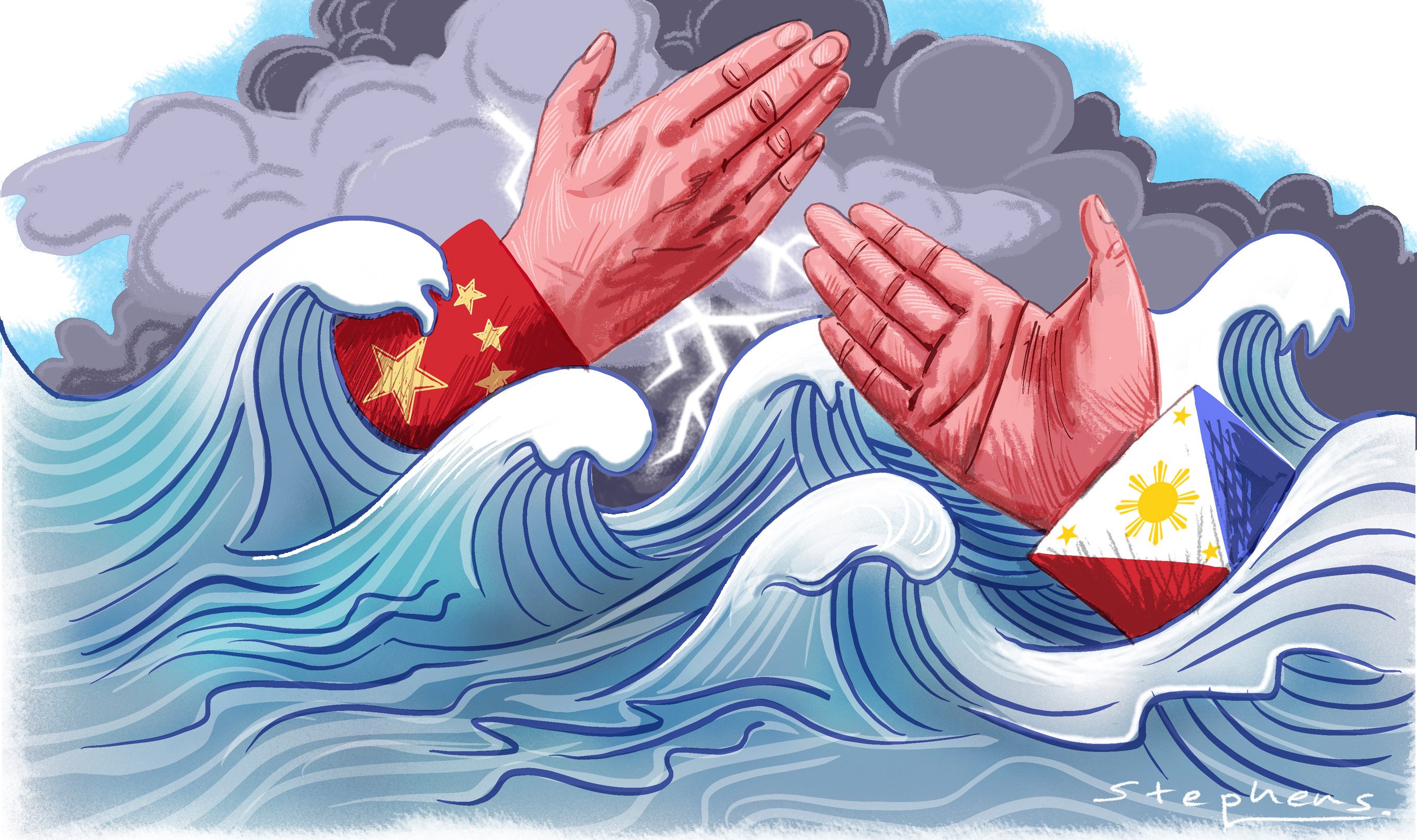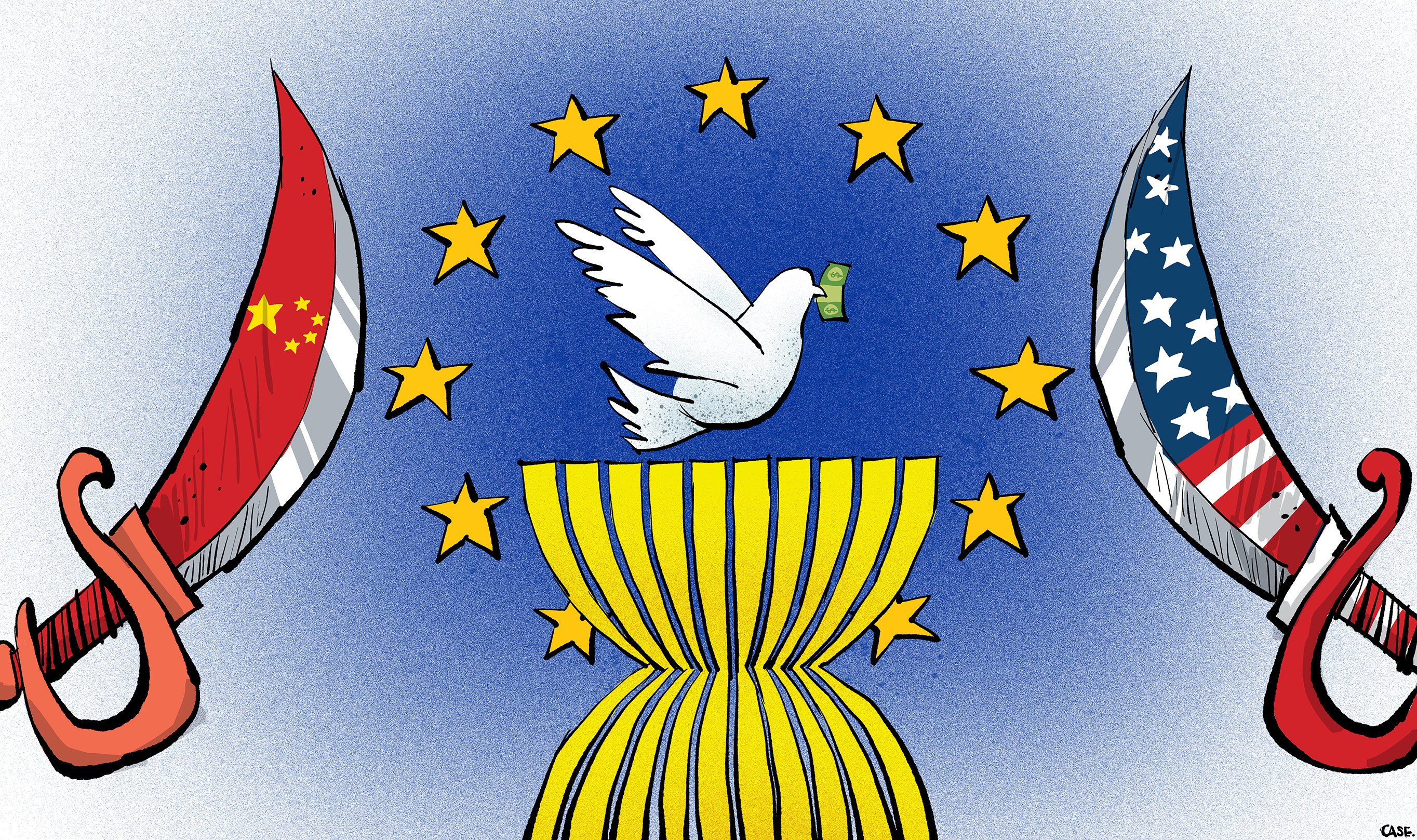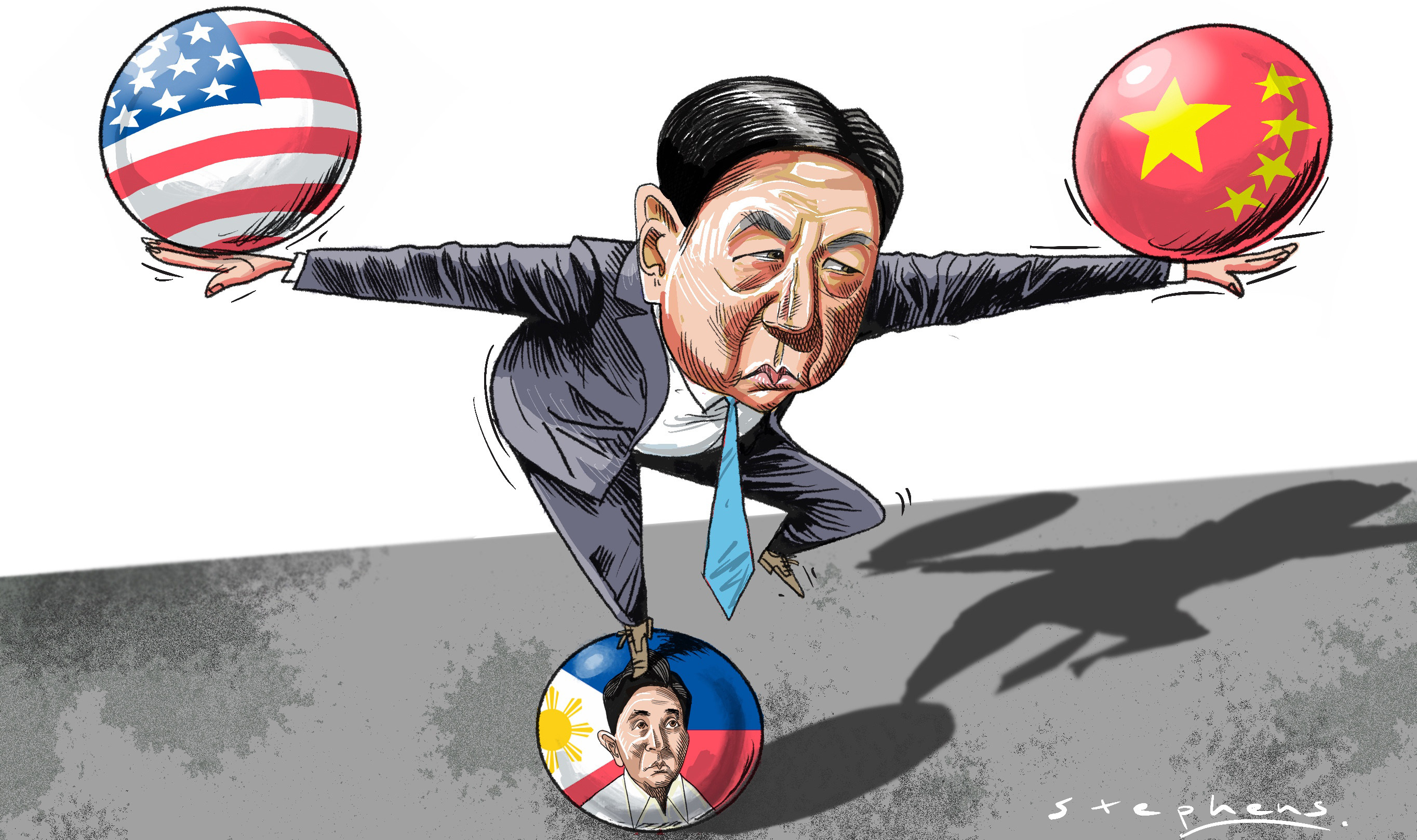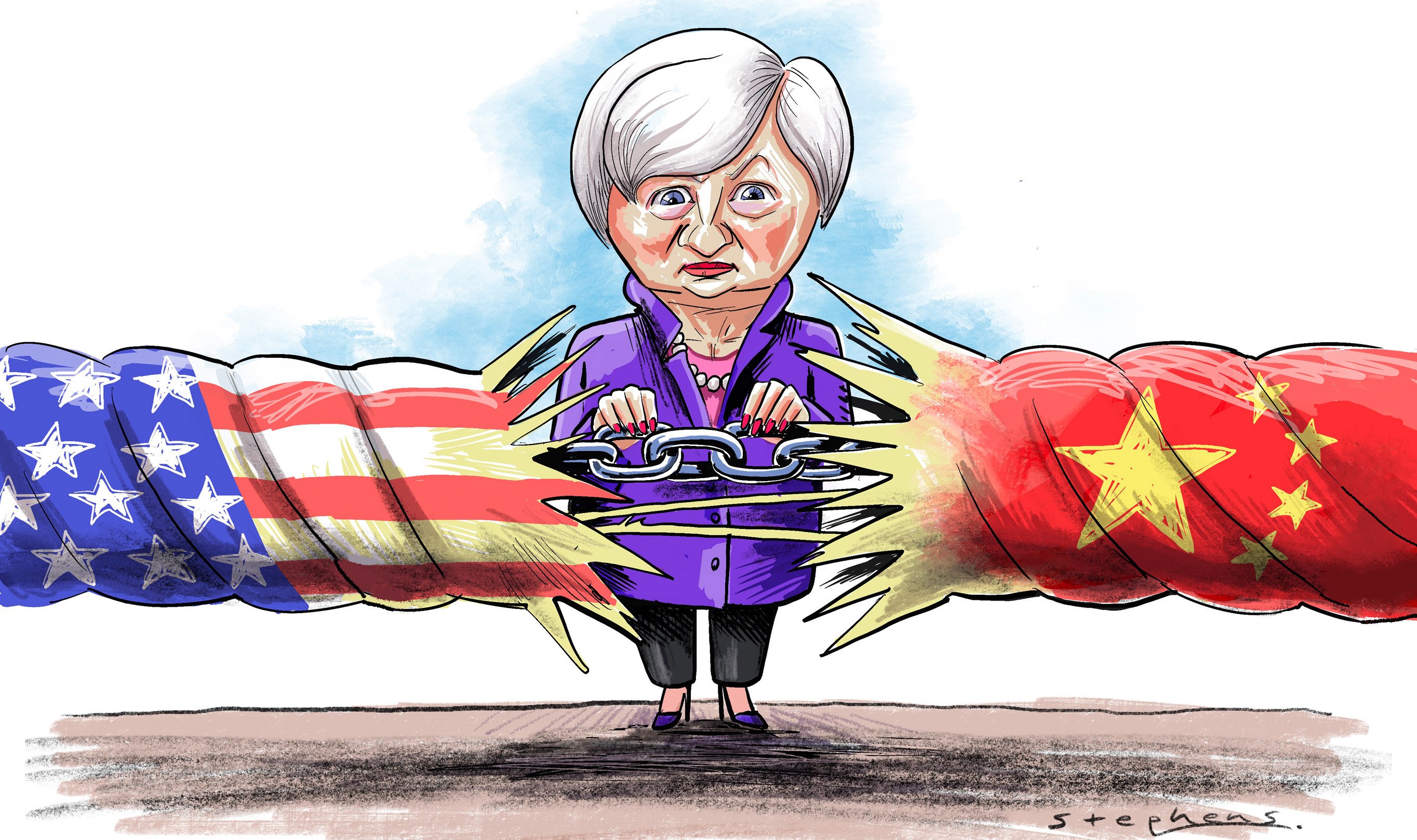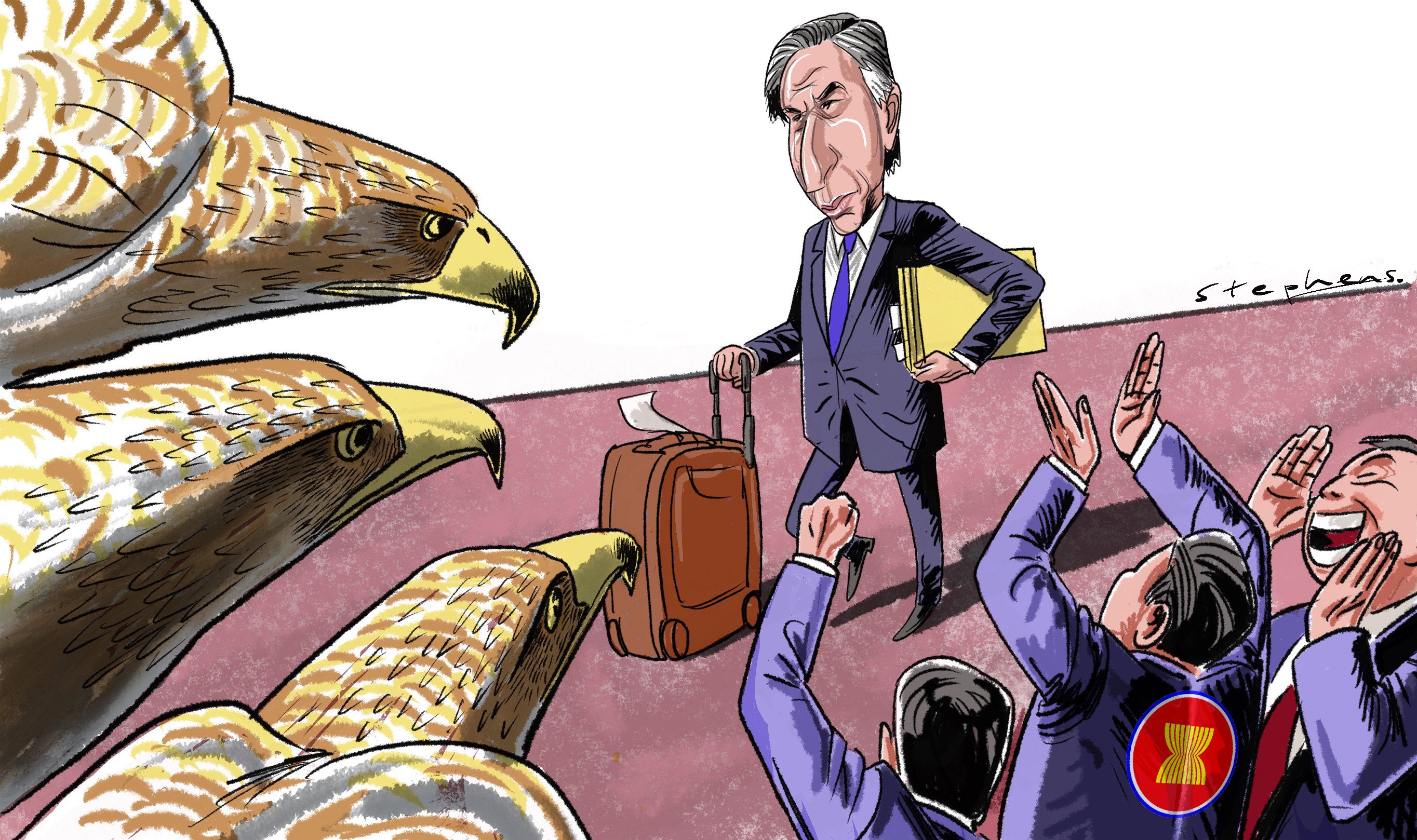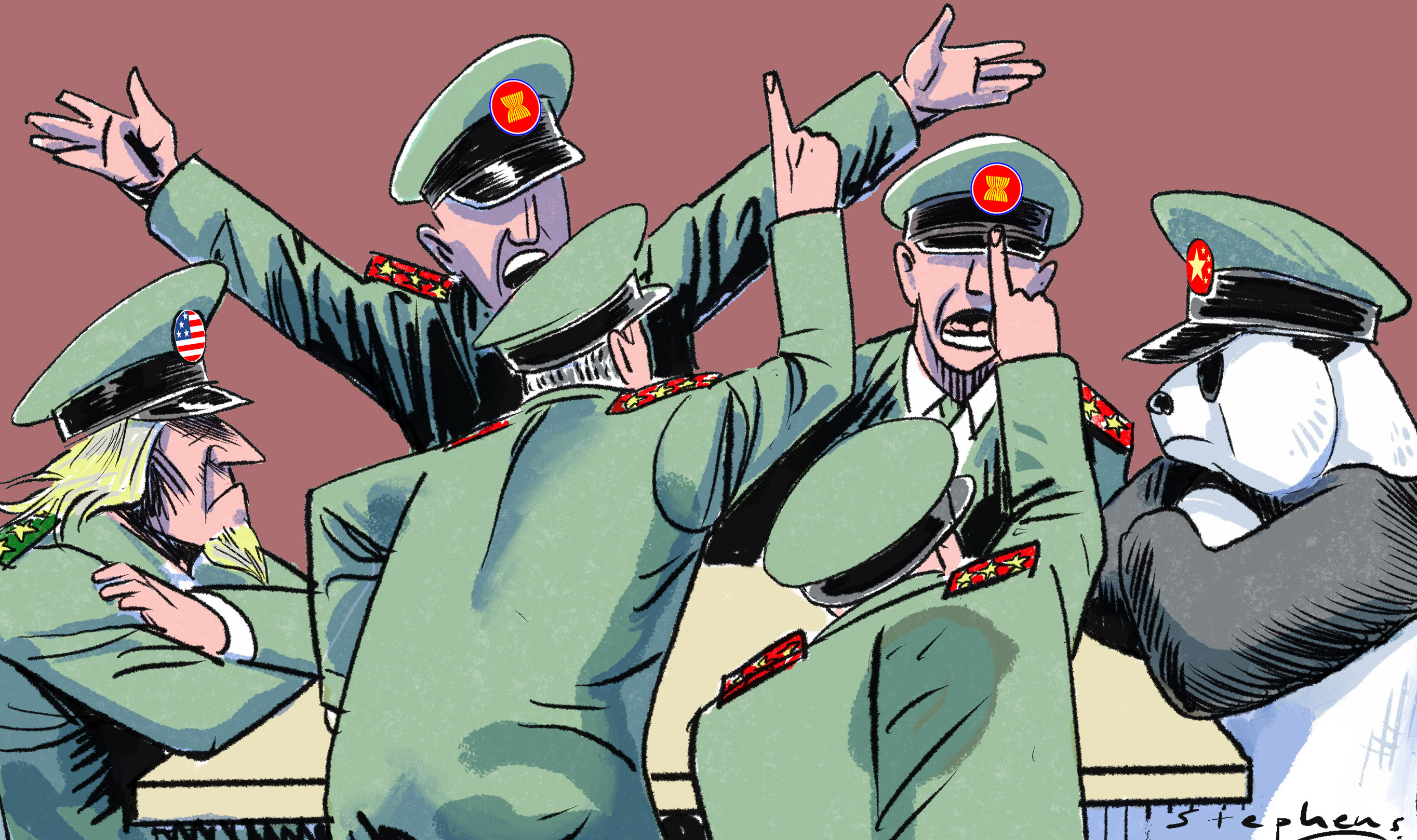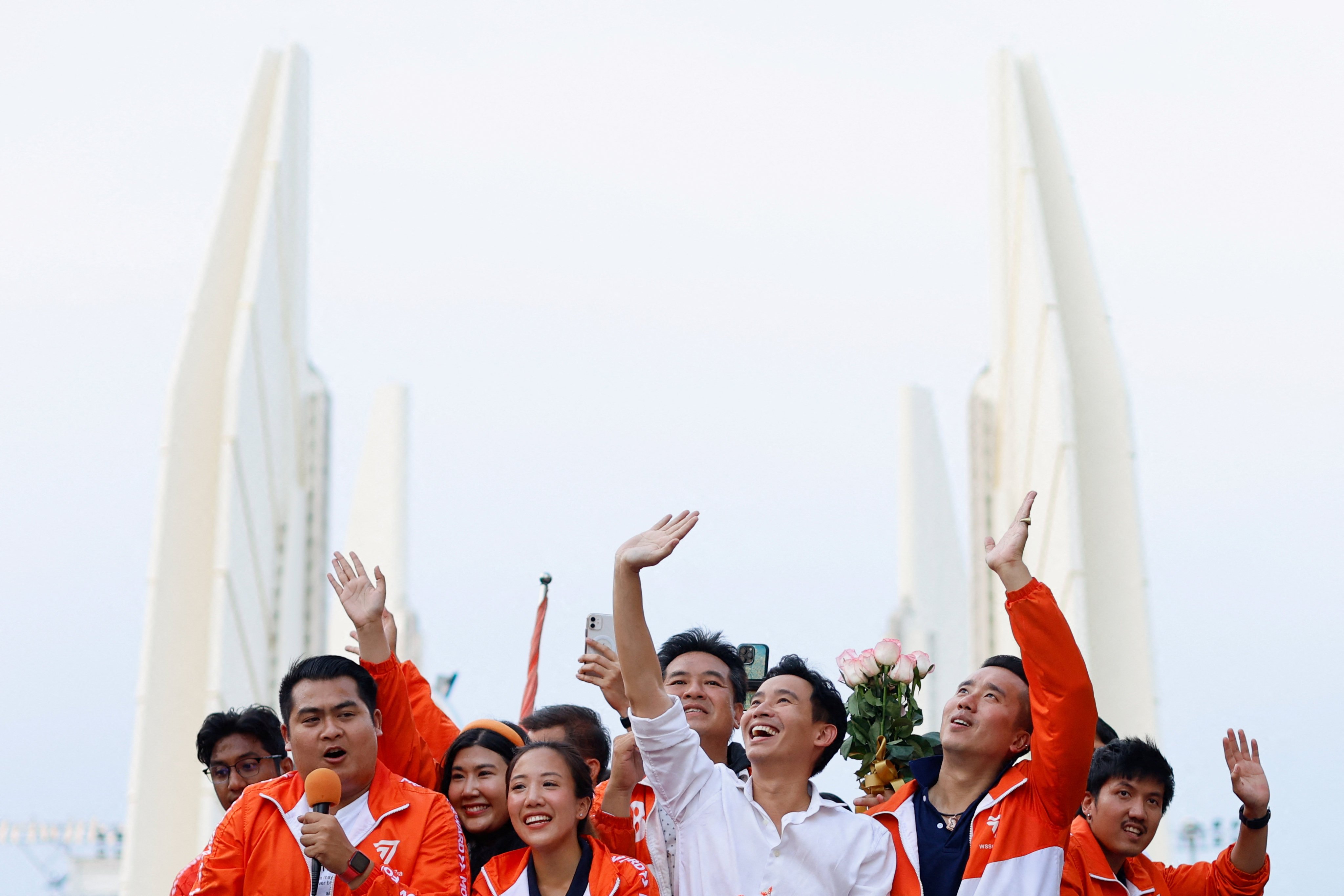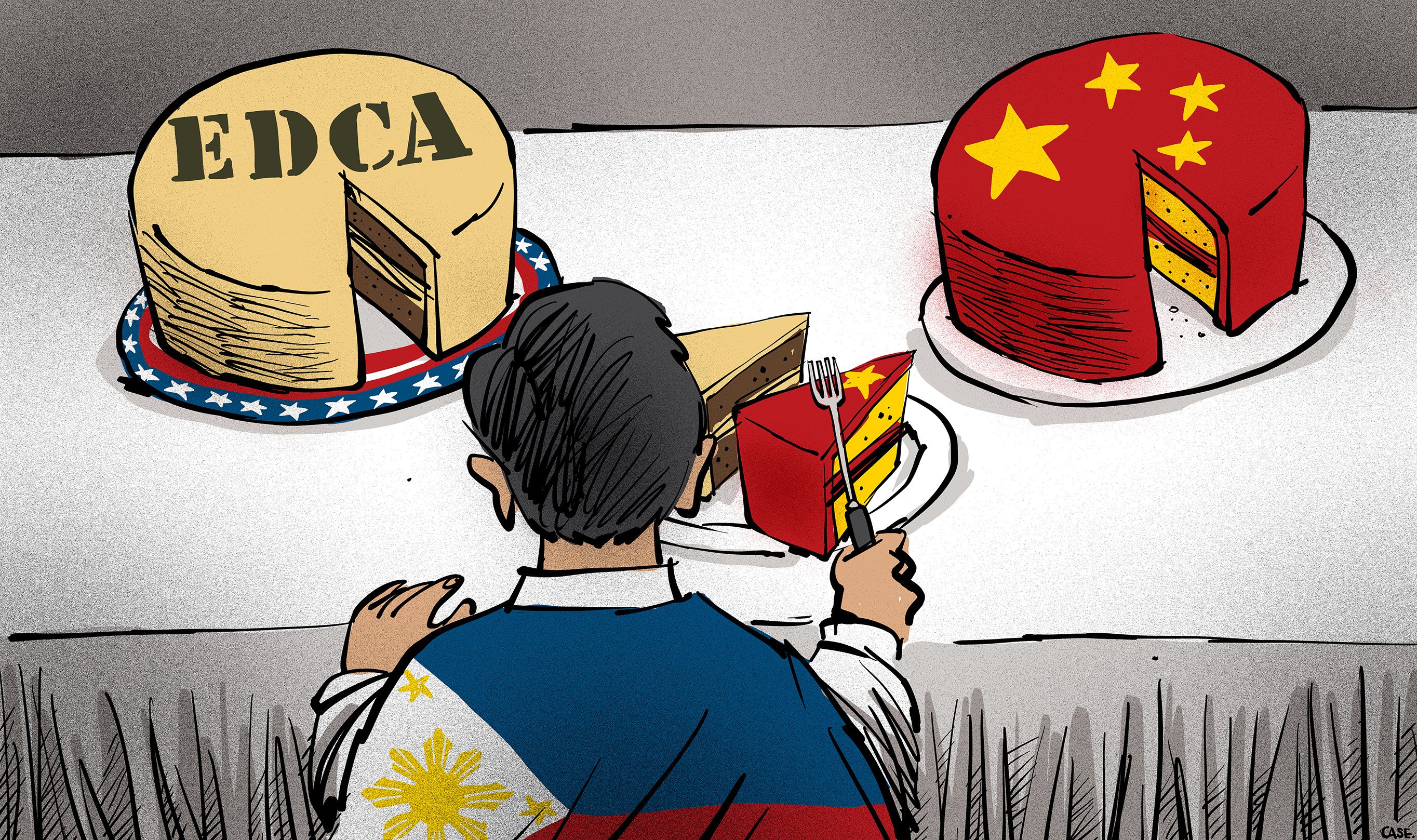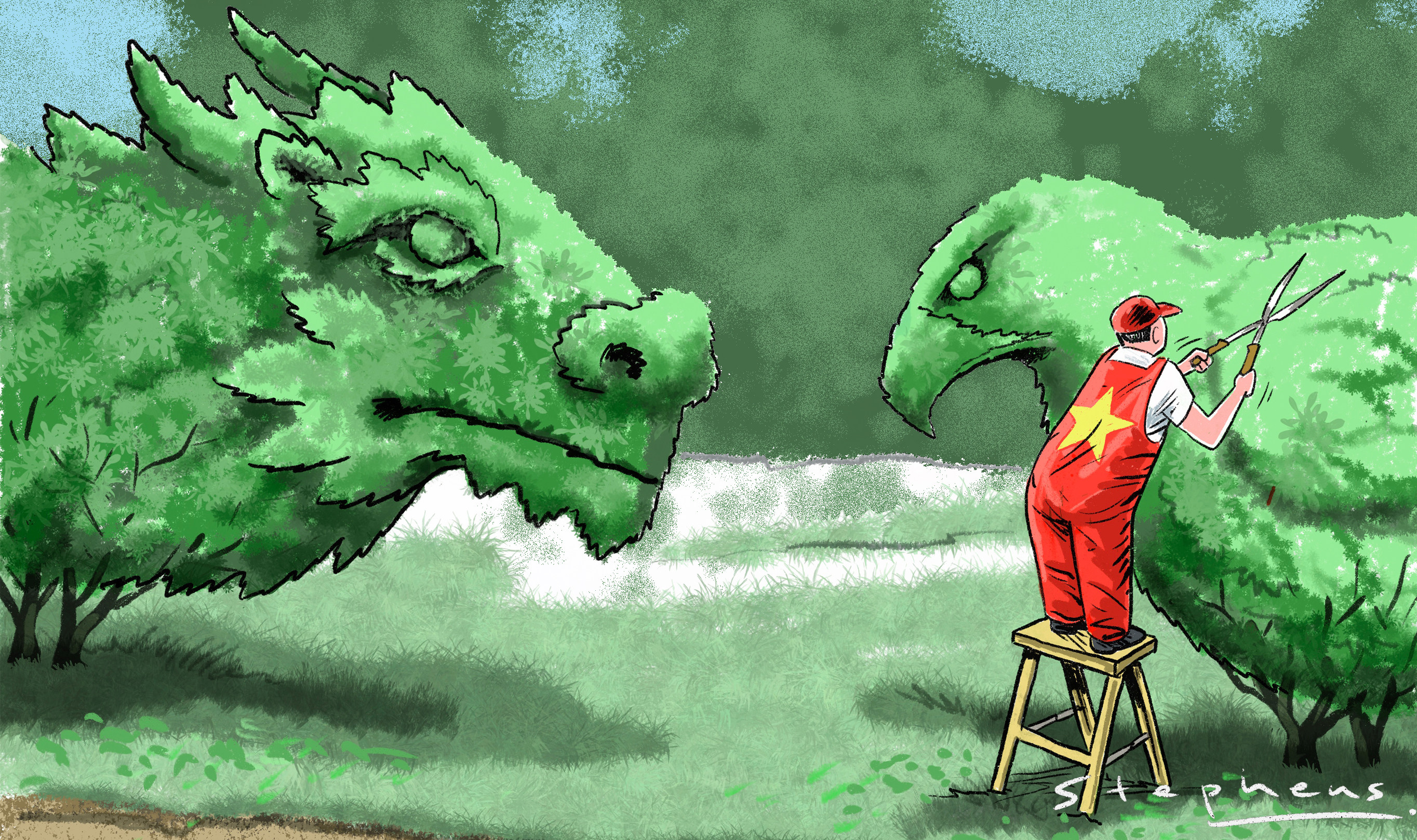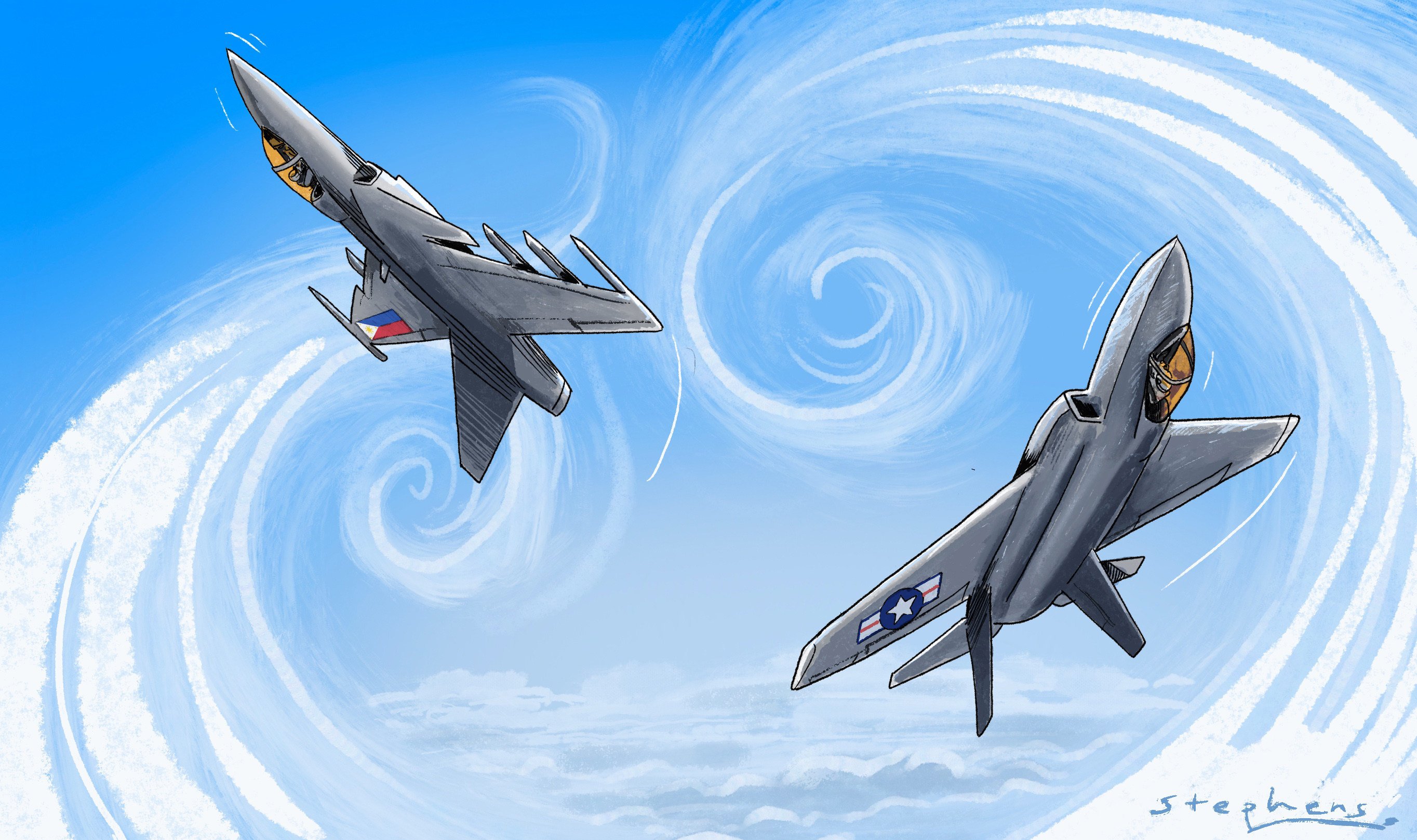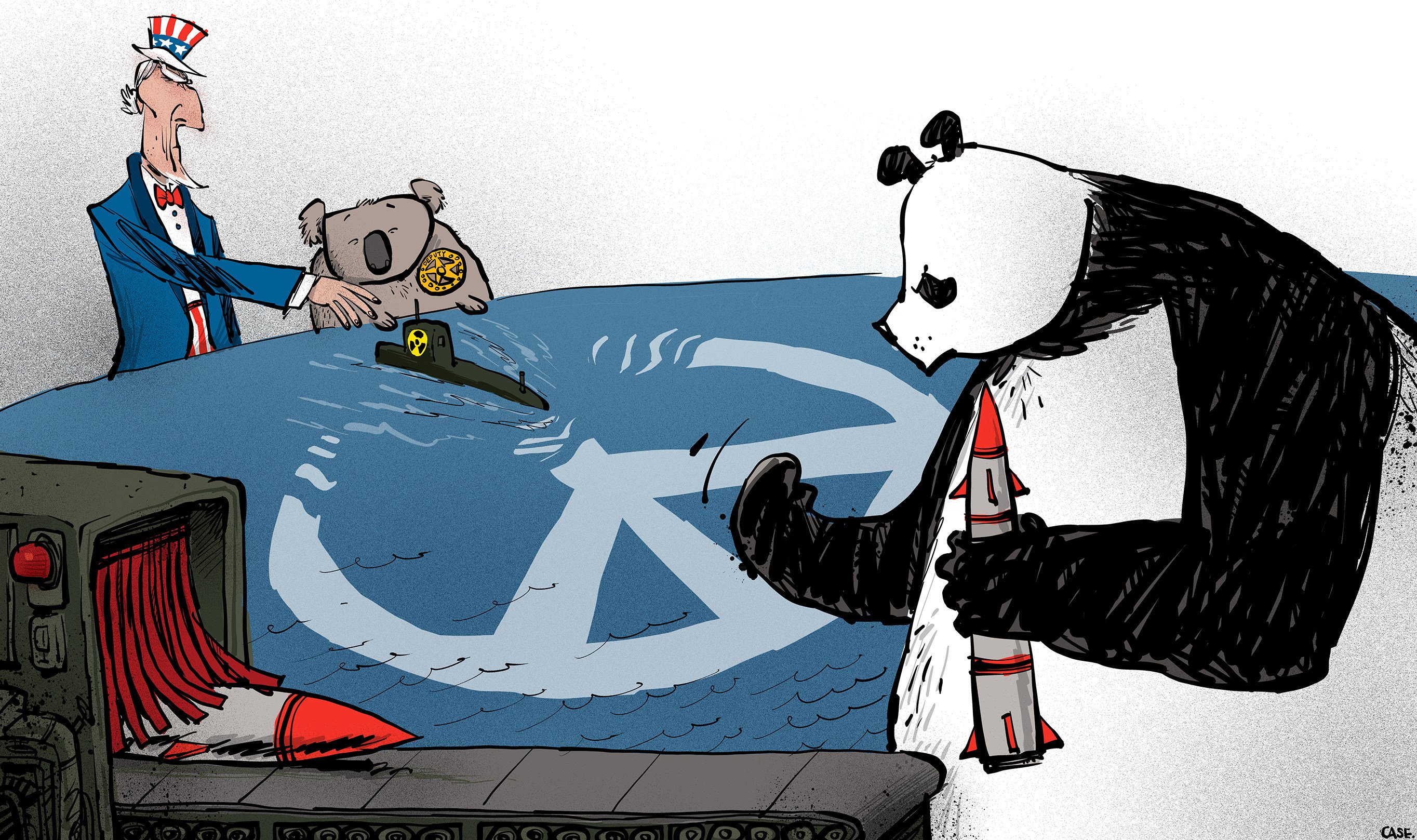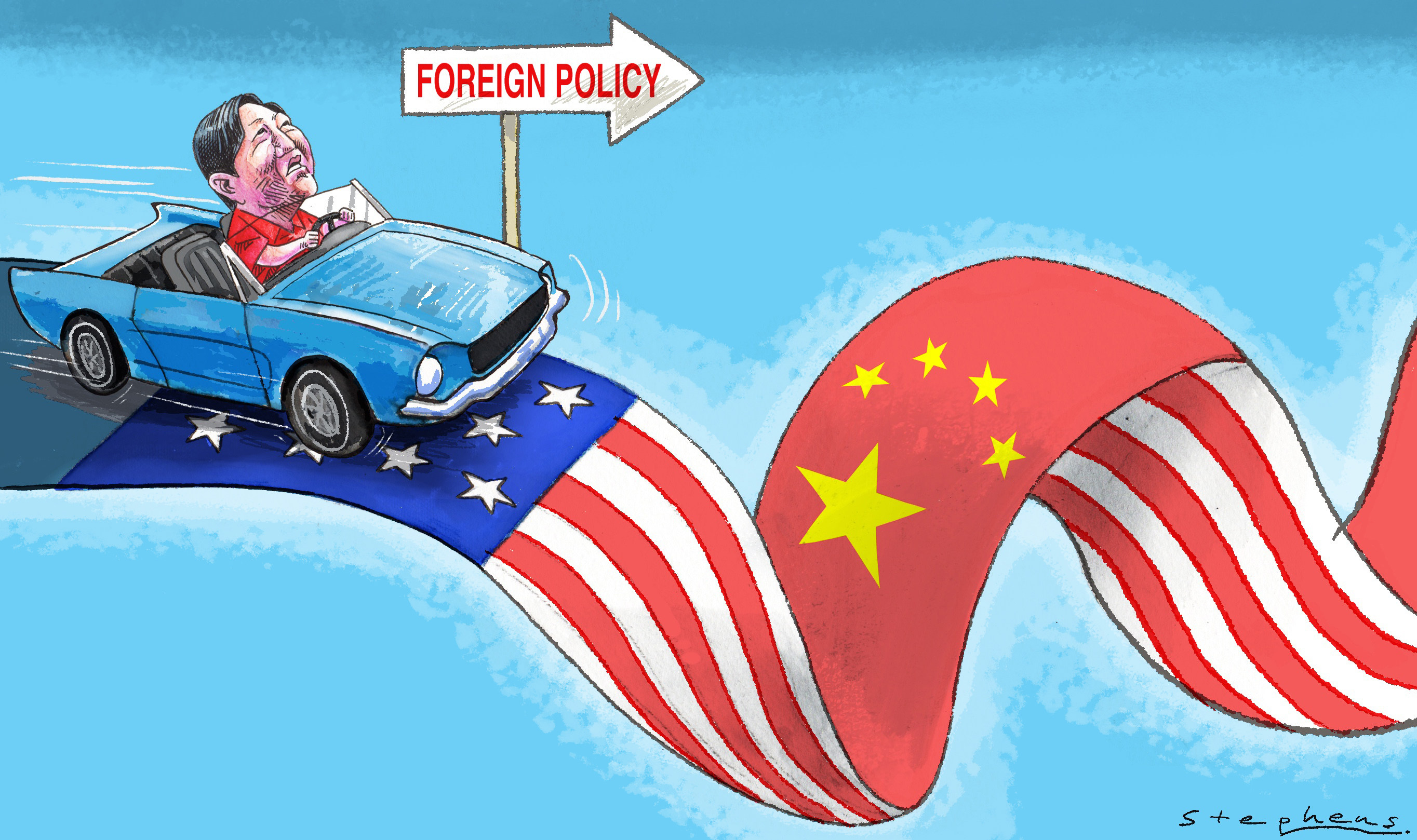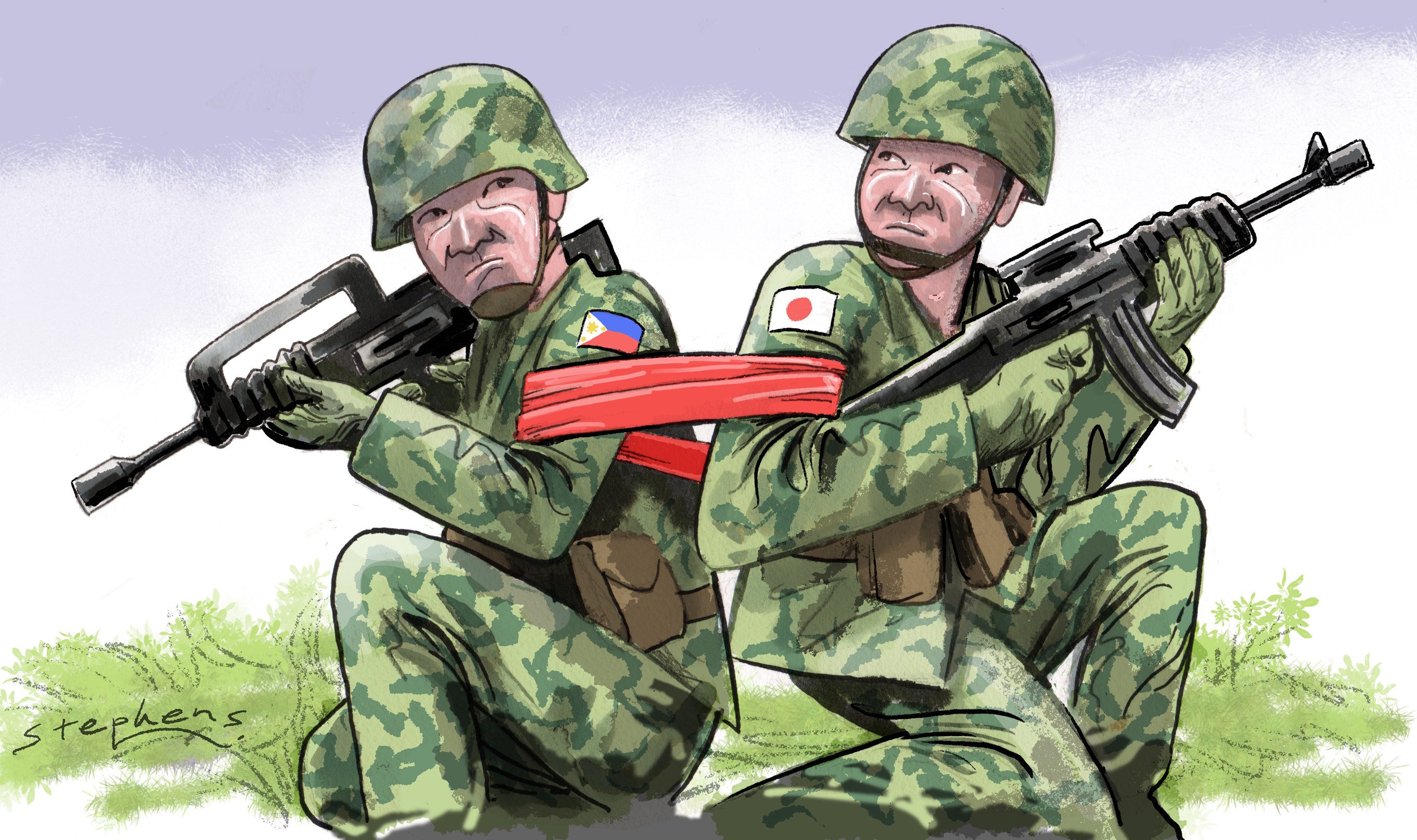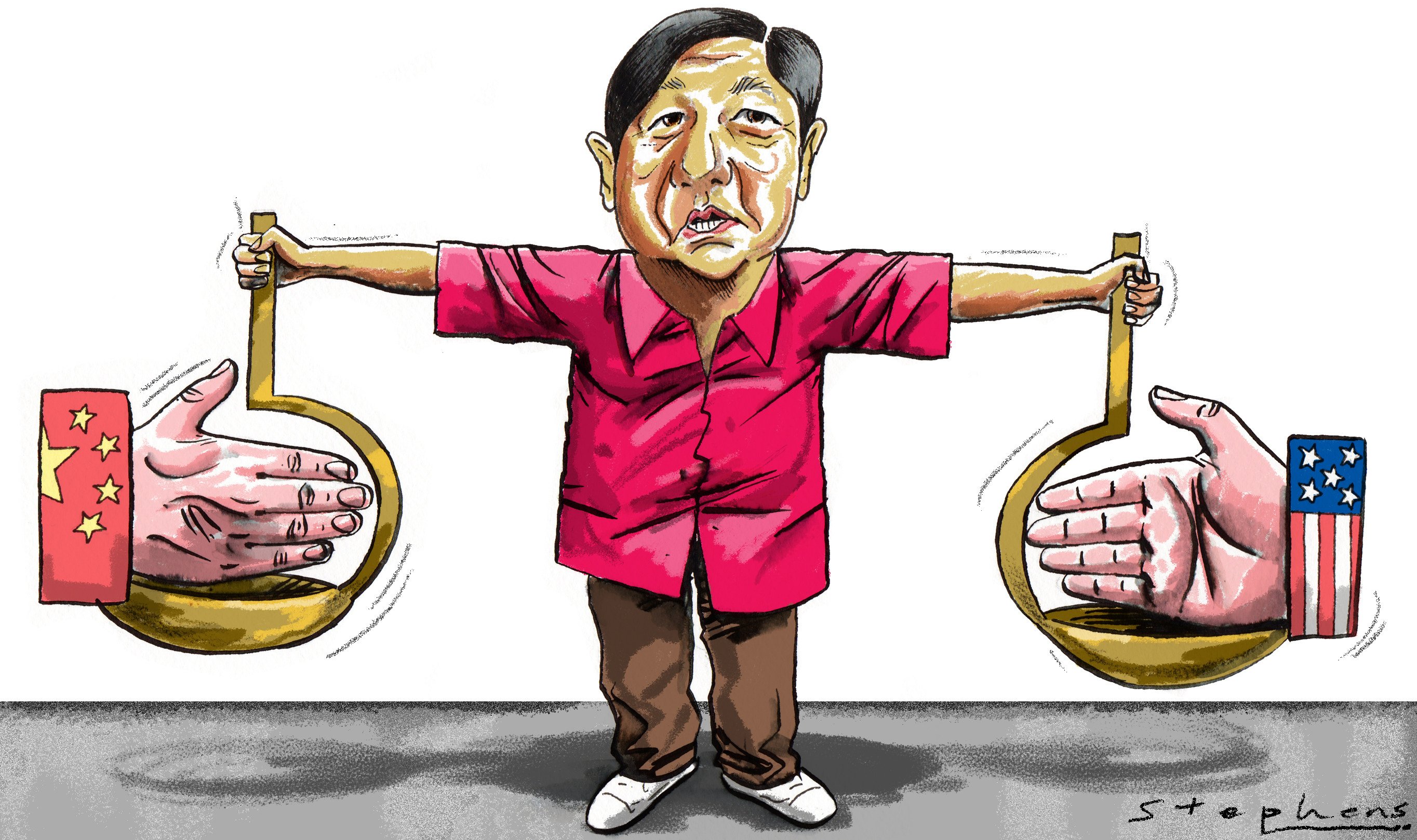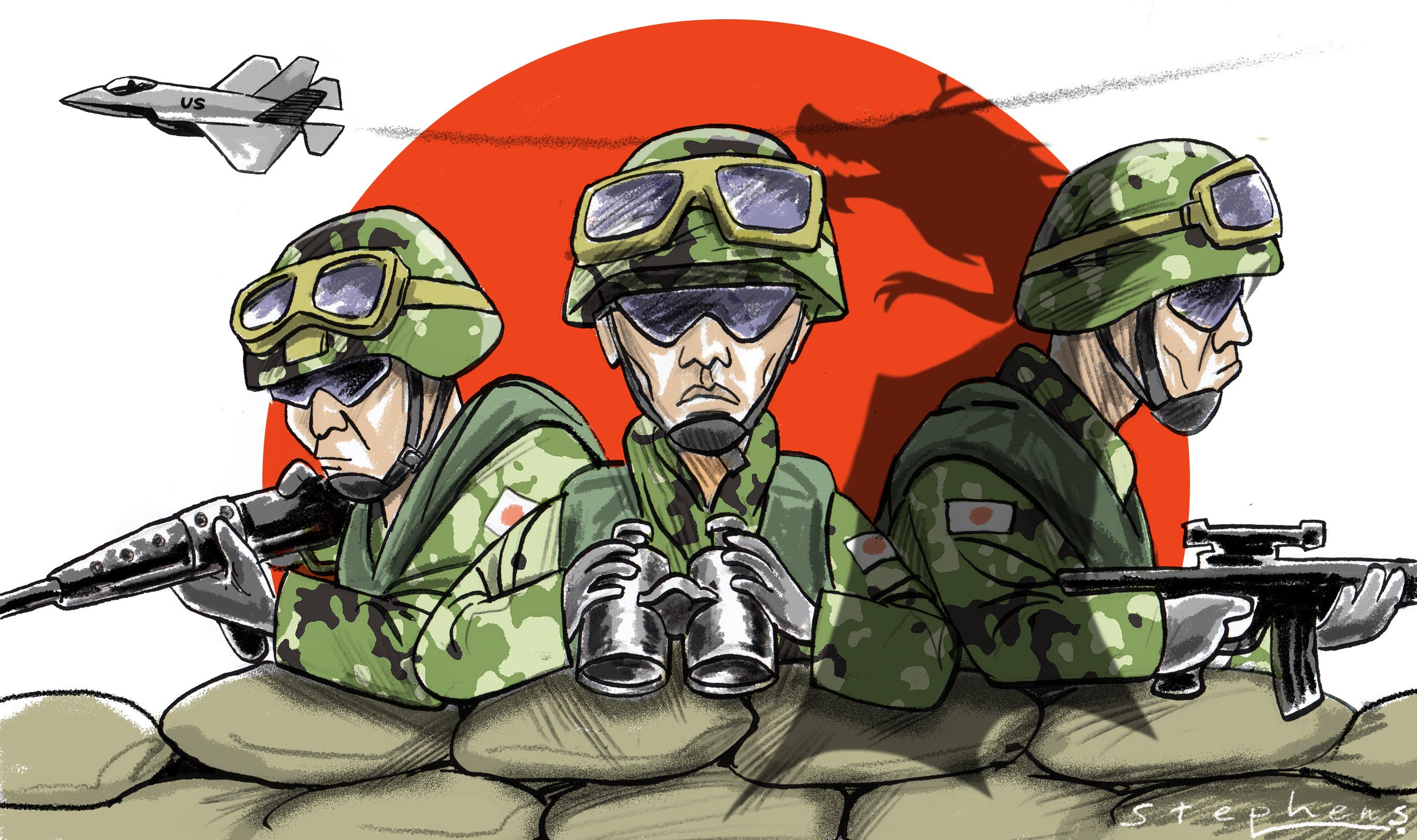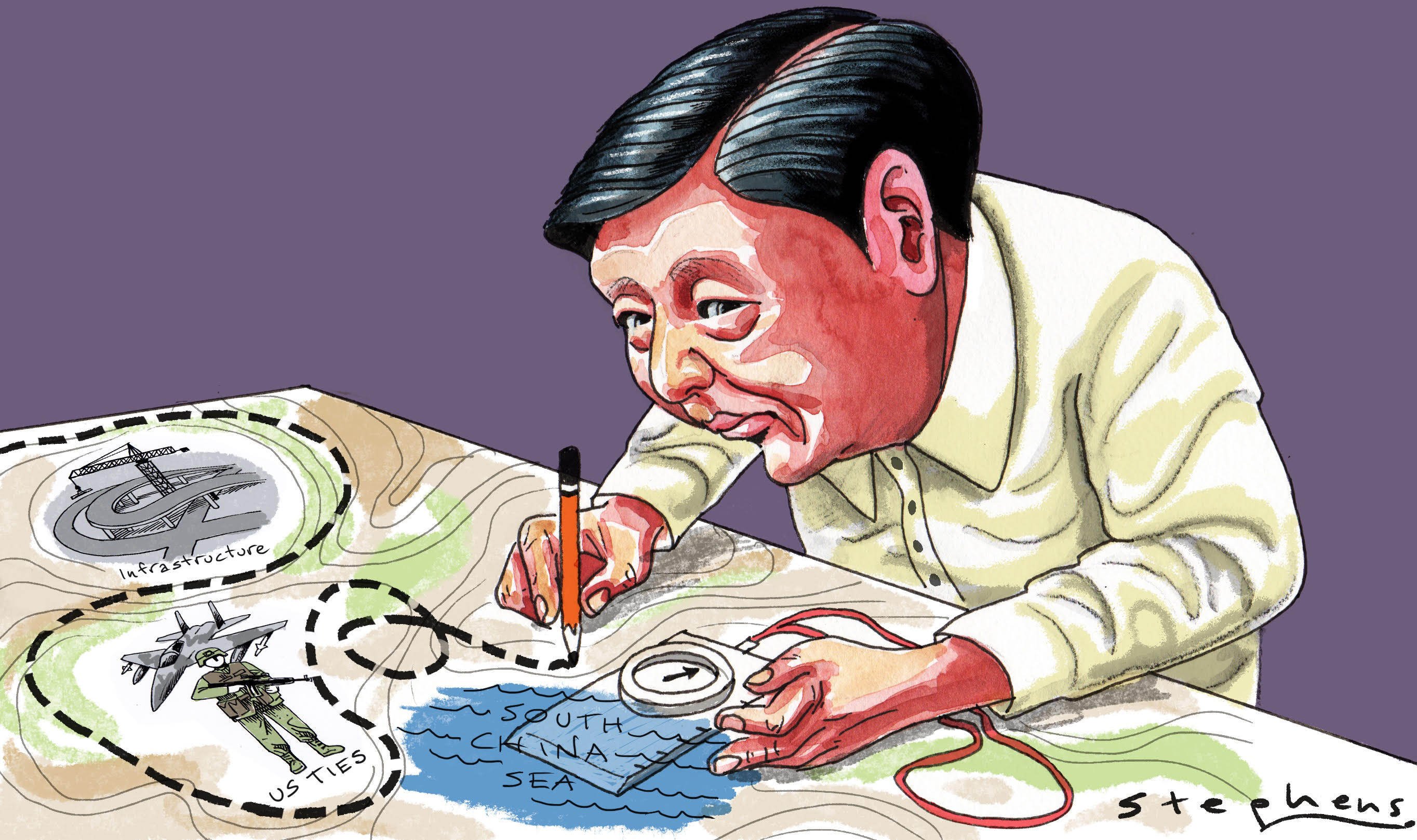
The Biden administration faces an increasingly impossible task in the Middle East as it comes under pressure to pursue contradictory goals over the Israeli-Gaza war. This bodes ill for progress in the region but could herald a period of strategic sobriety and stability between the US and China.
Assertiveness from the political and defence establishment is understandable after previous passivity but risks adding fuel to fire, particularly in the South China Sea. Manila must diplomatically manage disputes.
Despite a similar outlook on maritime disputes with China and past cooperation, a US-wary Vietnam, increasingly dependent on China, is likely to resist any fully fledged alliance with the Philippines.
Rising Philippine-China tensions over disputes related to the South China Sea have coincided with deteriorating relations between Beijing and Washington. Elections next year in Taiwan and the US could further inflame tensions in the region. There is an urgent need for compromise on high-stakes issues.
Vietnam has quickly become the new darling of a West seeking regional friends and allies to curb China’s rise. However, Hanoi’s China-friendly foreign policy turn shows it knows how much it needs Beijing to prosper and forge a new global order.
Fumio Kishida has steered Japan away from its traditional focus on development-centred foreign policy, initiating a new security assistance scheme. While a more assertive Japan might be welcome in Southeast Asia, the package is still modest and the potential risks will limit Tokyo’s chances of success.
Despite the welcome re-establishment of communication channels between China and the US, there are still reasons to manage expectations. The prospect of more anti-China rhetoric leading up to next year’s US elections, muddled US policy in Asia and security tensions must be taken into account.
Given its commitment in Eastern Europe and the Middle East, it is unclear how the United States can also sustain its rivalry with China. Amid rising tensions in the South China Sea, frontline treaty allies such as the Philippines have grounds to worry about how “ironclad” the relationship is.
China’s refusal to condemn Hamas and stated neutrality have won it diplomatic points across the Muslim world and raised its standing in the Middle East. This has positioned China to advocate for peace in a turbulent region.
Relations between Beijing and Manila keep getting worse as neither side is backing off its maritime claims or military activities in the South China Sea. While taking a tough stance abroad might yield political dividends at home, both sides urgently need to find a way to peacefully coexist.
Scepticism aside, both Vietnam and India prefer a world dominated by neither the US nor China. They are interested in Western technology and investment but neither wishes to, nor can afford to, confront Beijing.
The Indonesian president seems determined to contain multiple crises in Southeast Asia as well as head off a clash among rival powers in the Indo-Pacific. His cautious approach risks inaction that further deepens regional crises, but it also holds the promise of building a more capable, coherent Asean.
Recognising that traditional, highly centralised military alliances like Nato might not be the best fit today, the US has turned to minilateral security arrangements. However, in countering China, Washington’s ‘integrated deterrence’ strategy has three weaknesses.
Filipino presidents have tried to improve ties with China throughout the 20th century, but domestic scandals and territorial disputes have got in the way. Clashes between Filipino and Chinese vessels in the South China Sea have renewed public anger towards Beijing, making diplomatic efforts politically risky.
Far from a routine exchange of diplomatic niceties, recent developments in EU-Philippine strategic relations reflect a broader geopolitical trend in Asean amid US-China jostling.
Marcos Jnr’s pivot towards the US is dividing his coalition government even as the EDCA defence pact with Washington draws Beijing’s ire. In his second year of office, managing China and US defence ties will be doubly crucial.
A series of high-level meetings and positive rhetoric meant Yellen’s visit was encouraging to many, but the underpinnings of US-China tensions remain. Leaders on both sides will have to expend significant political capital for a desperately needed diplomatic breakthrough in the near future.
For the most part, China hawks in the US have been deeply critical of Blinken’s visit to Beijing. Crucially, however, the trip raised hope of restoring bilateral dialogue and was largely welcomed by regional states keen to facilitate a thaw in US-China regional rivalry.
Asean nations have showcased their diplomatic muscle recently, aiming to bring the US and China together for talks and joint activities. However, their hopes of ensuring Asean centrality are hampered by a need for consensus, divergent threat perceptions and internal divisions.
Despite Marcos Jnr’s best efforts, Manila and Hanoi will have to first overcome mistrust, strategic and ideological differences, and their lack of military operational compatibility.
The opposition in power will be restrained by contentious domestic politics, a growing ‘multi-alignment’ consensus and the sheer value of strategic and economic ties with China
The Philippine president is trying to achieve a ‘Goldilocks’ level – neither too hot, nor too cold – of military cooperation with the US without unduly provoking Beijing. Fully alienating China, a top trading partner, is not an option, not least because of domestic opposition.
While Vietnam and the US played up their comprehensive partnership on Anthony Blinken’s visit to the Southeast Asian nation, Hanoi has not allied with the West against China. Vietnam’s preference is not only to refuse choosing between the US and China, but also to actively pursue strategic cooperation with middle powers.
While Marcos continues to push for closer US defence ties, a domestic coalition has risen up in anger at the president’s plans. Members of the Filipino-Chinese business community, former president Rodrigo Duterte and even Marcos’ sister are collectively resisting a fully fledged alignment with the US against China.
Criticised in Australia and coldly received in Southeast Asia, the Aukus submarine pact is raising fears of a regional arms race, Taiwan risks and a new cold war.
The Philippines has struck a series of agreements with the US, Japan and Australia, but the sustainability of this shift is far from assured. The past two decades show the country can swing wildly between rival superpowers, depending on domestic political conditions and the ruling elite’s preferences.
The two countries have enjoyed a steady friendship in the post-war period, bolstered by strong trade, investment and more recently, cooperation in defence. Yet before they can forge any new military deals, their leaders must contend with pro-Beijing figures in Manila and Tokyo’s pacifist constitution.
Giving the US expanded access to strategic bases has major implications, placing the Philippines at the centre of Washington’s ‘integrated deterrence’ strategy against China. But the relationship can be calibrated – depending on how Beijing approaches South China Sea disputes and infrastructure investment.
Japan’s moves reflect decades-long efforts to be more self-reliant amid growing concerns over China’s rise and the reliability of the US as an ally. Given Japan’s past, though, ramping up its military spending risks sparking fears among its neighbours and ruining decades of building up soft power.
The Philippine president came away from his first state visit to China with an array of new trade and investment deals. Still, economic ties may yet be tested by deepening US-Philippine security cooperation, a lack of progress on China-backed infrastructure projects, and ongoing disputes in the South China Sea.

